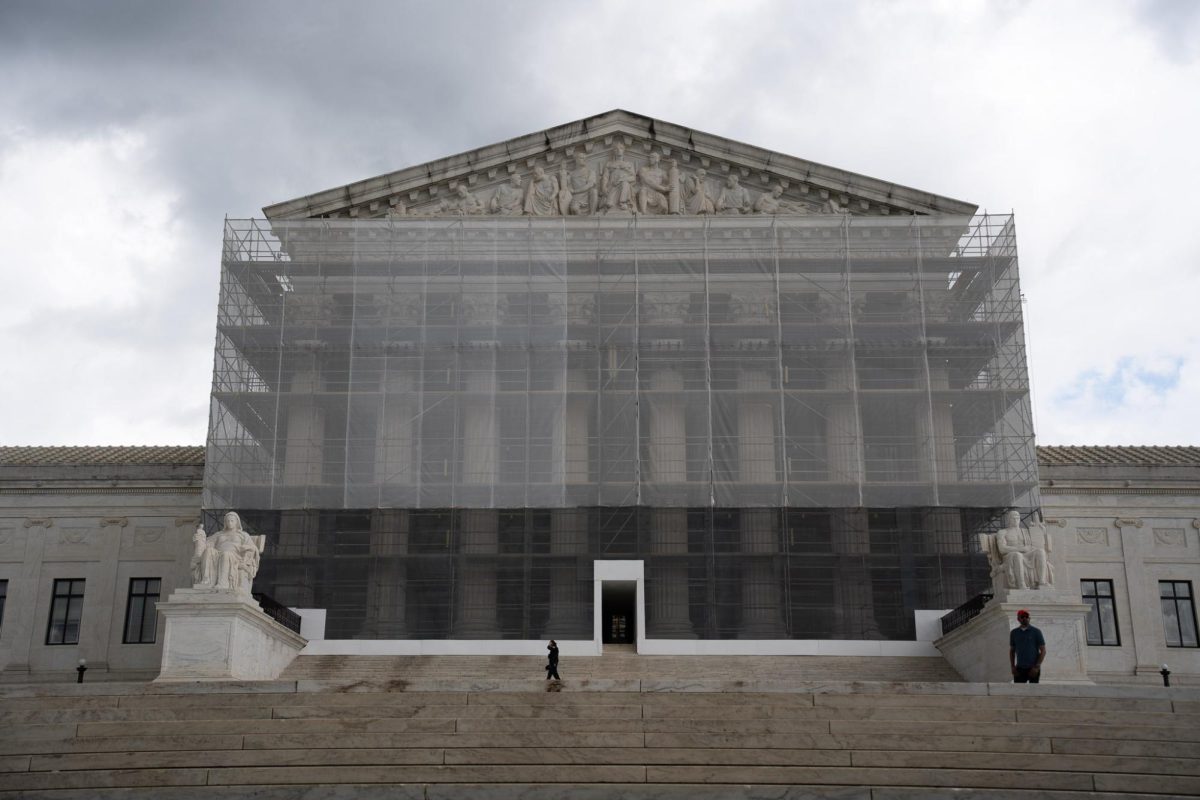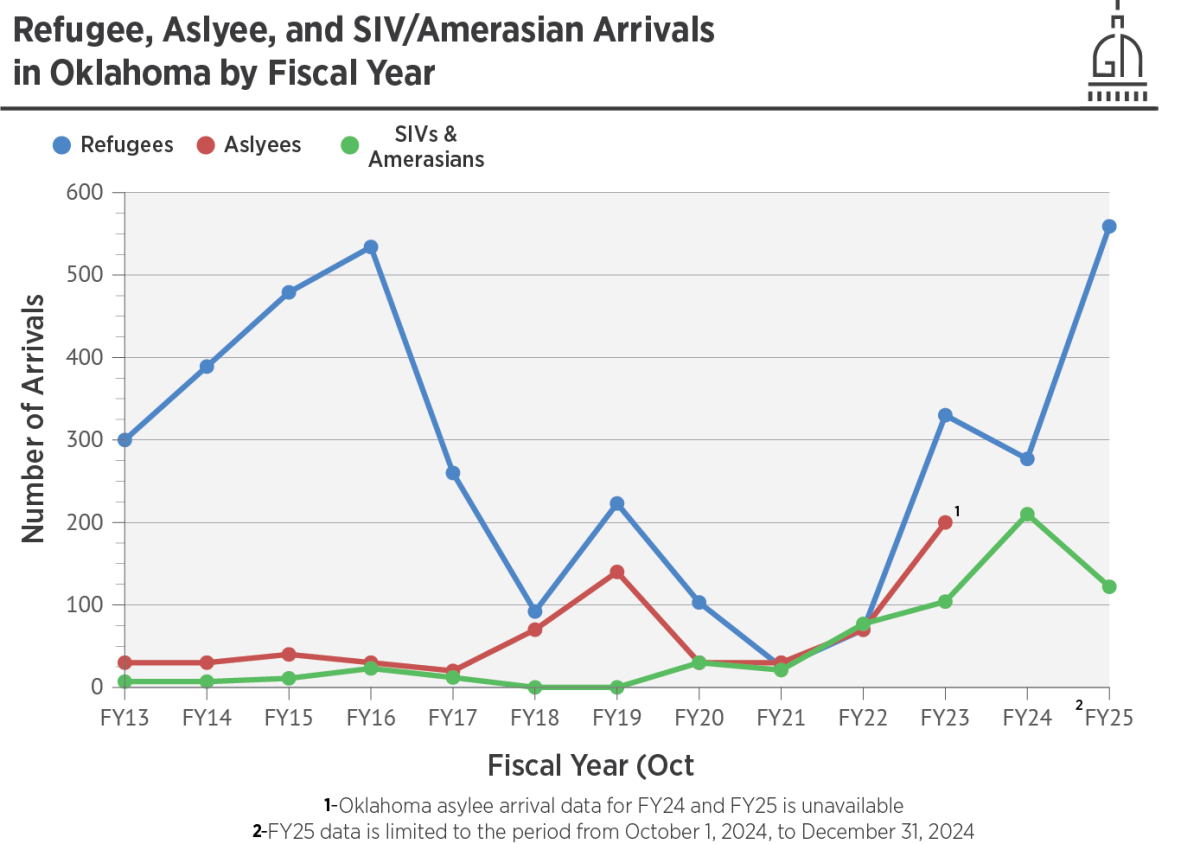WASHINGTON – Oklahoma’s attorney general said a U.S. Supreme Court ruling upholding a Tennessee law restricting gender-affirming care for minors is a victory in his battle to protect the state’s children from so-called “gender transition surgery.”
The court ruling on Wednesday in a 6-3 decision allows Tennessee to continue enforcing its restriction on gender-affirming care for minors. Oklahoma’s Senate Bill 613, currently under appeal, contains nearly identical language contained in the Tennessee law.
“This ruling is a tremendous victory for Oklahoma’s children, ensuring they will not be subjected to the consequences of these life-altering surgeries,” said Attorney General Genter Drummond in a press release. “The practice is unconscionable, and I appreciate the court’s ruling that we as a state have the right to protect Oklahoma children from this irreparable harm.”
In the opinion delivered by Chief Justice John Roberts, the Court emphasized that its role was not to assess the fairness of the legislation but to determine whether the law treated one gender differently than the other.
“The plaintiffs argue that SB1 warrants heightened scrutiny because it relies on sex-based classifications. But neither of the above classifications turns on sex. Rather, SB1 prohibits healthcare providers from administering puberty blockers or hormones to minors for certain medical uses, regardless of a minor’s sex,” Roberts said. “Questions regarding the law’s policy are thus appropriately left to the people, their elected representatives, and the democratic process.”
In a dissenting opinion delivered by Justice Sonia Sotomayor said this case is clearly sex-based discrimination since same medications, such as hormones and puberty blockers, can be legally prescribed for minors in non-gender-affirming contexts but not when the goal is gender transition.
“This case presents an easy question: whether SB1’s ban on certain medications, applicable only if used in a manner inconsistent with . . . sex,” contains a sex classification. Because sex determines access to the covered medications, it clearly does,” Sotomayor said. “Yet the majority refuses to call a spade a spade. Instead, it obfuscates a sex classification that is plain on the face of this statute, all to avoid the mere possibility that a different court could strike down SB1, or categorical healthcare bans like it.”
The author of Oklahoma’s Senate Bill 613, State Sen. Julie Daniels (S-Bartlesville), said she was not surprised by the decision, because the law which is similar to the one passed in Oklahoma does not violate the Equal Protection Clause due to the legislature having interest in protecting minor children from harm.
“My motivation for this law was to protect minor children from making adult decisions that could do irreparable damage to them, either physically or mentally. I wanted to make sure that we could protect them until they are age 18, when, under our law, they are then considered adults who can make their own healthcare decisions,” Daniels said.
“I believe that they have been waiting to see what the Supreme Court would do with the Tennessee law,” Daniels said, referring to the 10th Circuit Court of Appeals where the Oklahoma case is now pending.
“So I believe we are going to have our law in Oklahoma affirmed as well. And most importantly, because we prevailed in district court, we are not performing sex changing procedures on minors in Oklahoma, which was our goal, and now we may see that resolved so that it can, it can stay in effect,” she said.
Chase Strangio, Co-Director of the ACLU’s LGBTQ & HIV Project which represents the five Oklahoma families suing to overturn Oklahoma law, emphasized in a press release that despite the ruling, it does not signal a setback in the fight for freedom and rights for transgender people and their allies.
“Today’s ruling is a devastating loss for transgender people, our families, and everyone who cares about the Constitution,” said Chase Strangio, Co-Director of the ACLU’s LGBTQ & HIV Project. “Though this is a painful setback, it does not mean that transgender people and our allies are left with no options to defend our freedom, our health care, or our lives.
“The Court left undisturbed Supreme Court and lower court precedent that other examples of discrimination against transgender people are unlawful. We are as determined as ever to fight for the dignity and equality of every transgender person and we will continue to do so with defiant strength, a restless resolve, and a lasting commitment to our families, our communities, and the freedom we all deserve,” Strangio said.
Gaylord News is a reporting project of the University of Oklahoma Gaylord College of Journalism and Mass Communication. For more stories by Gaylord News go to GaylordNews.net.








